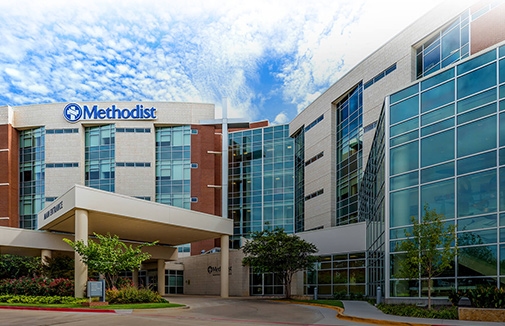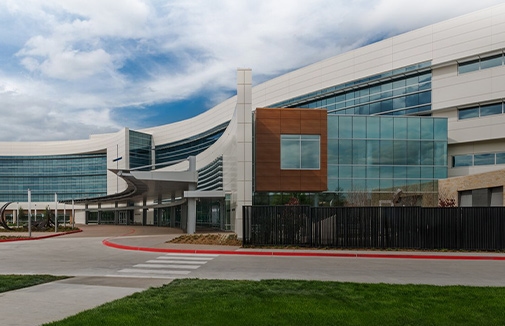When to Visit the Emergency Room
Our emergency & trauma centers are ready to help
Making quick decisions can be tough. But there's no time to hesitate in a medical emergency. Even a brief delay could put a person's health at greater risk. That's why it's important to know when to visit the emergency department.
Warning Signs
According to the American College of Emergency Physicians, all the following are warning signs of an emergency:
- Unconsciousness
- Uncontrolled bleeding
- Sudden or severe pain
- Coughing up or vomiting blood
- Trouble breathing
- Trouble speaking
- Changes in vision
- Suicidal or homicidal feelings
- Confusion or other change in mental state
- Severe or persistent vomiting or diarrhea
- Chest pain lasting two minutes or more
Chest pain, including possible symptoms of heart attack in men and women:
- Shortness of breath
- Tightness in chest
- Pain in left arm
- Jaw pain
- Nausea or vomiting
- Dizziness or fainting
- Unexplained weakness or fatigue
- Rapid or irregular pulse
- Sweating, cool, clammy skin, and/or paleness
Symptoms of heart attack in women:
- Frequent or constant pain or discomfort in the center of the chest
- Chest pain or discomfort with sweating
- Pain that spreads from the chest to the arm, neck, back, or jaw
- Shortness of breath, tiredness, or upset stomach and nausea
- Breaking out in a cold sweat
- Nausea or lightheadedness
If you aren't sure a situation is an emergency, it's best to err on the side of caution. Don't worry that you might be wasting the time of emergency room staff. You could be saving a life.
When to call 911
Instead of driving to the emergency room, call 911 when:
- The person's condition seems life threatening or could get worse on the way to the hospital
- Moving the person might cause further injury
- You can't get to the emergency room quickly.
If you call 911:
- Do your best to speak clearly and calmly.
- Be ready to provide information, including the location and the nature of the problem.
- You've been in a car crash, look for street names or highway markers so paramedics can find you quickly.
- Stay on the line until the dispatcher says it's okay to hang up. More information may be needed.
If you're waiting for an ambulance, do what you can to provide first aid. If a person isn't breathing or doesn't have a pulse, begin rescue breathing or CPR. If a person is bleeding, apply a clean cloth or sterile bandage along with direct pressure.
Be Prepared for an Emergency
Be better prepared for an emergency by following these steps:
- Post emergency numbers near each phone in your home.
- Program an in-case-of-emergency number into your cell phone under "ICE." This can be used to reach a friend or family member if you are unable to speak for yourself. Your emergency contact may be able to provide medical information that can help doctors treat you more effectively.
- Teach children how to make an emergency call in case you're injured or ill.
- Keep a list of medicines your family uses. Note any allergies to medicines.
- Take classes in first aid and CPR.
- Keep first-aid kits in your home and in your vehicles.
Don't hesitate to visit the emergency room if you think a situation is
life-threatening.
Our emergency team is ready to help 24 hours a day, 365 days a year.








